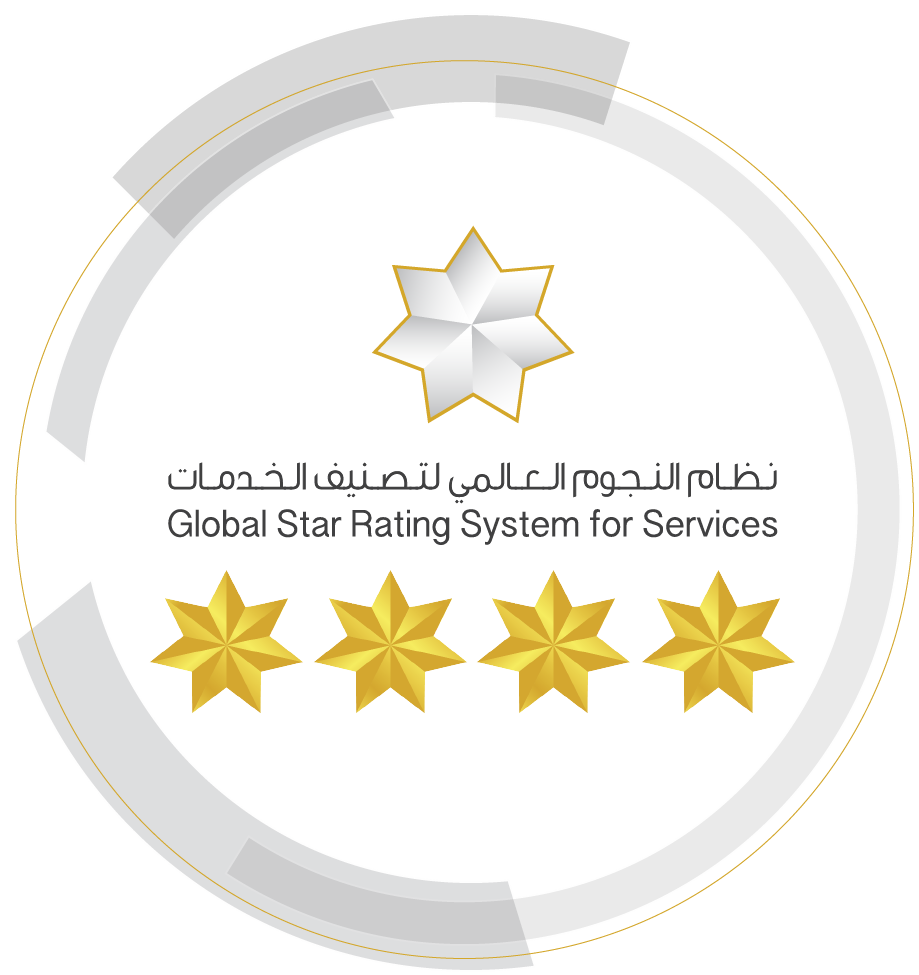In Libya, Turkey Drops the Mask
Tue 30/6/2020
H.E. Dr. Anwar Mohammed Gargash, Minister of State for Foreign Affairs
When the Turkish navy confronted the French frigate, Le Courbet, on June 10, it revealed more about Turkey’s intentions than perhaps it intended. The Courbet was approaching a civilian ship suspected of breaking the international arms embargo on Libya when the Turkish navy locked its targeting radar on it, three times. It was a moment of hubris that broke not only formal and informal protocols between allies (Turkey and France are both NATO members), but made it difficult to deny the severity of what Turkey is doing in Libya, or its broader intentions. Turkey’s President Recep Tayyip Erdogan has made it clear that he has no desire to be a bridge between Europe and the Arab World: He has chosen, rather, to model Turkey’s past imperial position as a competitor and adversary to both.
President Macron has been the first European leader openly to recognize this reality, and its danger. In challenging the European Union and NATO to stand up to Turkey on Libya and Syria, Macron has established France as Europe’s strategic leader on Turkey and Mediterranean security and added his voice to the Arab majority.
Turkey has many things to answer for, with its long-term attempts - in concert with Qatar and the Muslim Brotherhood - to sow chaos in the Arab World, while using an aggressive and perverted interpretation of Islam as cover. In the last months alone, Erdogan has used refugees in Syria and Libya to exert pressure on Europe; he has collaborated with Iran to bomb pro-Western Kurds in Iraq and actively sought to exploit instability in the Horn of Africa to its own advantage. But Libya is unquestionably the hub and platform for Turkey’s self-proclaimed “Neo-Ottoman” expansionism. Late last year, Erdogan skillfully exploited divisions within Libya’s Government of National Accord to promulgate bilateral agreements that he then used to justify expansive resource grabs in the Mediterranean and to deliver advanced weaponry and thousands of Syrian mercenaries into Western Libya. As it has in other such circumstances, the UAE has engaged with France and other allies to push back against these threats.
With respect to Libya, the international community must send a clear and unequivocal message to Turkey that its behavior is unacceptable. Second, it must put its weight behind calls for an unconditional ceasefire, one that allows Libya to return to a political process, shielded from hostile external actions. There is a mechanism for this: Egyptian President Abdel Fattah Sisi’s June 6 Cairo Declaration is based on the recommendations of the United Nations-backed Berlin Conference and includes provisions for an immediate ceasefire, the withdrawal of all foreign fighters from Libya and multi-track negotiations that would pave the way for elections.
It comes against the backdrop of yet another dramatic illustration of the folly of believing there is a military solution to the Libya conflict: After accusing its opponents of causing a humanitarian crisis and attempting to subjugate all of Libya to their will, Turkish-backed militias moved east, perpetrating acts of revenge and calling for the subjugation of all Libya to their will. The current standoff over the coastal city of Sirte puts more than 60,000 people at risk. Lives are threatened across Libya, not just in Sirte. The Libyan economy has collapsed; large areas of the West and South are essentially lawless. There are double the number of known Covid-19 cases than there were a few weeks ago – and Libya does not have the infrastructure to determine how far the pandemic has spread, let alone to fight it.
Without a political solution built on solid foundation and supported by the Libyan people, and without a withdrawal of all foreign forces, this conflict will continue until the fabric of society is destroyed. Libyans have learned that every time the pendulum appears to swing in the favor of one side or the other, they will pay the price.
The UAE is confident that the great majority of Libyans want an end to this war. We do not believe the Libyan people supported Al Qaeda and Da’esh attempts to take over large parts Libya. We do not believe Libyans support the exploitation and trafficking of African refugees. Nor do we believe most Libyans favor the actions of armed and unaccountable militias. Why? Because to date, Libyan people have not sanctioned any of these things. There have been two national elections, and to date, the results of neither of those elections have been honored. The same actors have repeatedly subverted both the letter and the intent of the United Nations-mediated Libyan Political Agreement, from which the current government in Tripoli claims its legitimacy.
The UAE’s primary interest in Libya is to make sure outside powers cannot use the country as a lever to destabilize the Arab World. But it is not just the absence of conflict that is important. With a functional government and wise stewardship of its resources, Libya has the potential to be a cornerstone of regional economic growth and cohesion: A stabilizing, not destabilizing presence at the crossroads between Africa, Europe and the Arab World. It is clear this cannot happen without acts of courage and forgiveness on the part of Libyans. Certainly Libyans need the chance to try to put their country back together without being dragged repeatedly back into an ideology-infused quest for regional dominance.
Writing in Le Point (translated to English)
https://www.lepoint.fr/debats/tribune-en-libye-la-turquie-tombe-le-masque-30-06-2020-2382355_2.php



